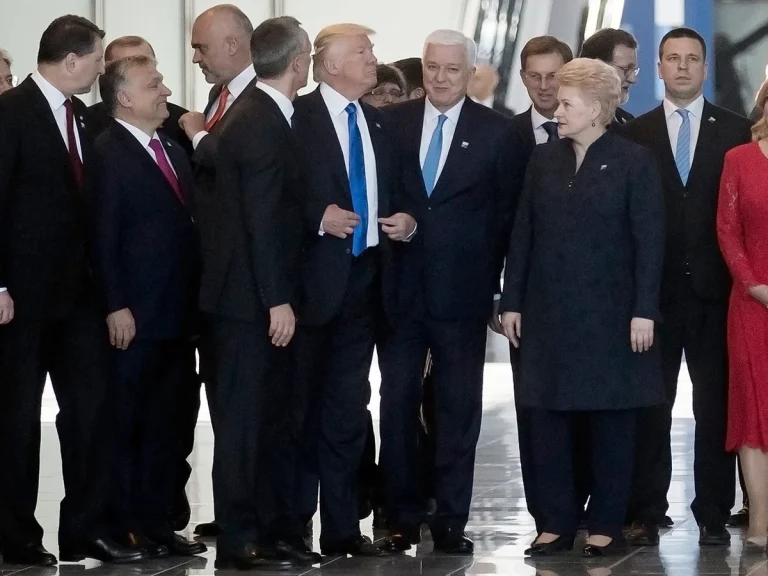In today’s world, success in trade, innovation, and value creation no longer depends solely on capital or scale. It increasingly hinges on how skillfully communities are curated, kinships kindled, and cohorts nurtured. Cohorts, kinships, and communities are the real building blocks of cooperation. They provide the trust, emotional capital, and shared identity that lubricate markets, sustain innovation, and transform competition into collaboration.
This gives rise to the idea of the affection economy, a model where trust, kinship, and reciprocity drive long-term economic and strategic success, standing in contrast to a purely transactional economy, where exchanges are guided only by price and short-term gain.
Transactional vs Affection Economy
While the two appear opposite, in reality they coexist on a spectrum. Transactions keep systems efficient, but affections keep them resilient. A purely transactional trade policy may yield immediate benefits but lacks the depth to endure crises. Conversely, affection economies endure because they embed economics within relationships, identity, and solidarity.
India–Russia: A Case of Affection Economy
The long-standing relationship between India and Russia is a striking example. From defence cooperation and energy security to support during the 1971 war, the partnership has rested not just on transactions but on accumulated trust and loyalty. Even when geopolitical alignments shift, the relationship persists, showing the resilience of affection economies in international affairs.
NATO and the US–Europe Relationship
By contrast, the present NATO relationship has grown increasingly transactional. Once built on kinship after WWII, it now often revolves around cost-sharing debates, defence procurement, and strategic leverage. Affection remains as “legacy capital,” but the day-to-day dynamic is businesslike rather than fraternal—“a partnership among old friends” more than a family.
EU Integration: The Strongest Example of Affection Economy
Perhaps the best example of an affection economy today lies within the European Union itself. The EU was conceived as a peace project, knitting together old rivals through trade integration. The single market, free movement of people, and redistributive funds for weaker economies all go beyond strict calculation—they embody solidarity. During crises such as COVID-19 and the Eurozone debt turmoil, stronger members bore disproportionate burdens to keep the community intact. Despite tensions, this solidarity shows that economics rooted in kinship can be more durable than transactional arrangements.
Brexit: A Breach of Trust and Faulty Transaction
Seen in this light, Britain’s decision to leave the EU was both a breach of trust and a flawed transactional move. It ruptured decades of solidarity, undermining the affection economy of Europe. But even transactionally, the gains have been limited compared to the economic costs: disrupted supply chains, loss of financial dominance, labour shortages, and weaker bargaining power in global trade. Brexit illustrates how abandoning an affection economy can squander both trust capital and transactional efficiency simultaneously.
Conclusion
The balance between affection and transaction defines the strength of modern economies and alliances. Where affection is absent, transactions alone struggle to build resilience. Where affection is cultivated, transactions are enriched by trust and solidarity. The EU exemplifies this at a regional level; India–Russia shows its endurance in strategic affairs; and NATO reveals how affection can fade into calculation. The lesson is clear: the future of global cooperation depends not just on efficient exchanges, but on the deeper bonds that make communities, nations, and alliances thrive.

